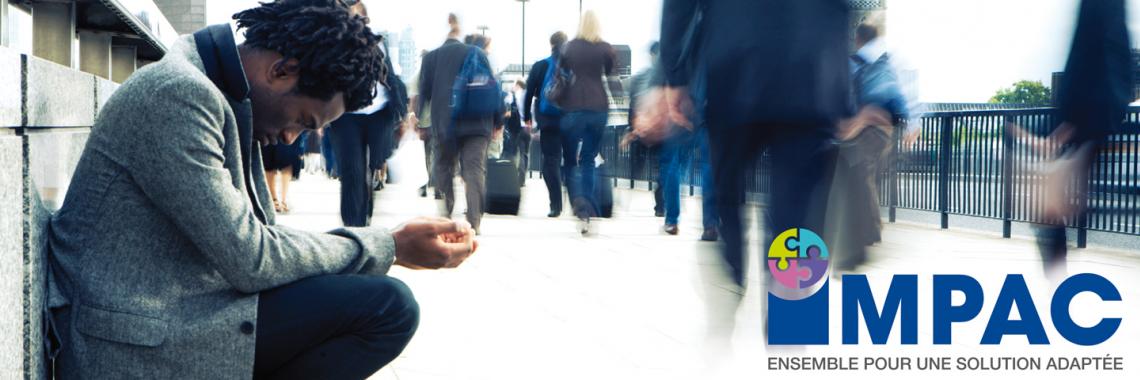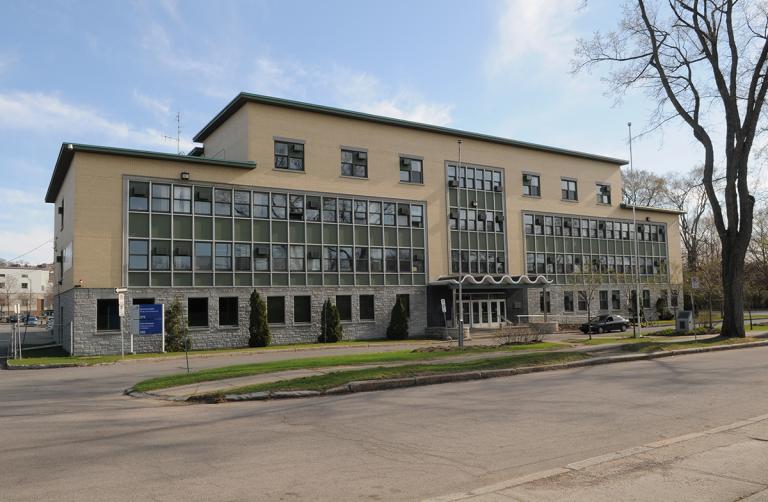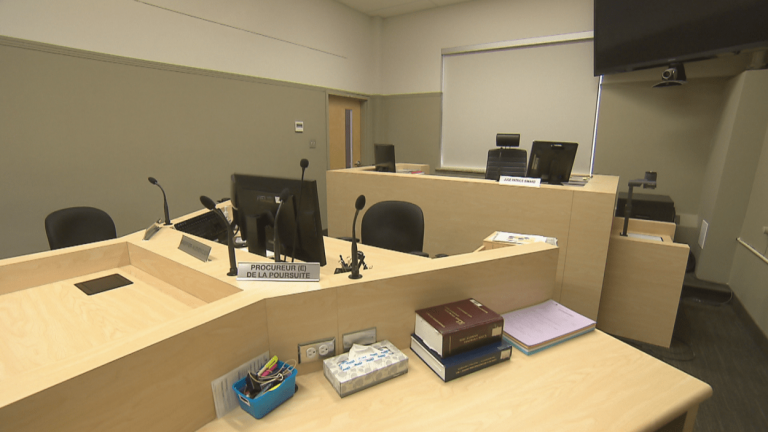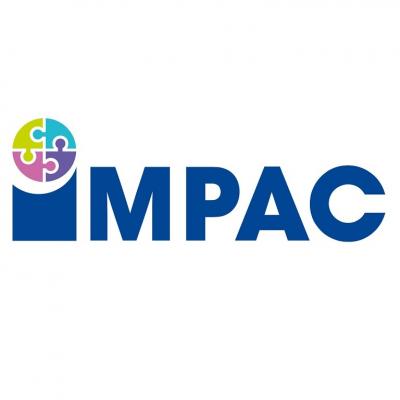
IMPAC Project
Background
(Pictures/source: Radio-Canada)
The IMPAC Project was created as a way to find solutions for the treatment of criminal cases in the municipal court adapted to certain target groups with special needs: people with a mental illness, developmental disabilities or a disorder on the autism spectrum, or people with an alcohol or drug dependency, or in a social disaffiliation situation.
This is specifically to introduce, both penal and criminal, alternative methods for the treatment of records and a better coordination of interventions in the justice system to those of the public and community health and social services organizations.
Goal and objectives
Recognize the problems and social conditions underlying the offenses in order to:
- Reduce recidivism
- Increase the feeling of safety and promote a better living environment
- Promote the settlement of debts without recourse to imprisonment while facilitating the restoration work
- Promote the justice system access
- Improve the treatment of such cases in the municipal court of Québec City
- Adapt the legal treatment and promote the supervision and monitoring in the community as a means of rehabilitation of the offender and thus improve the participant’s quality of life
Implementation
A team composed of the municipal court registry, the legal department, the police department and the office of community and social development was created. The team created two programs: New Vision of Perception (NVP) and Tribunal Specific Path (TSP).
The NVP concerns penal justice and aims to support those in a social reintegration process in settling their debt to the municipal court. The TSP involves criminal justice and offers adapted judicial procedures to people with a mental illness, intellectual disability or a disorder on the autism spectrum.
Multidisciplinary teams are accompanying participants during court proceedings. The NVP team is composed of a prosecutor, a tax collector and a social worker linked to the participant, while the TSP has two prosecutors (city and defence), a psychiatrist, a nurse, and a social worker. The teams work with a criminologist who acts as the connection to the court and with actors in the public and community networks linked to participants.
The two programs meet the needs of the judicial system in major cities. They address social and complex issues, and are ambitious projects in their desire to bring together different actors to intervene in these interdisciplinary programs.
Results
A research project conducted by the research group on the integration and organization of services and mental health assessment is currently ongoing in order to understand the evolution of the two programs, and this, by highlighting all the issues relating to their development, implementation and operation:
- The implementation period: the different steps, the challenges, the solutions implemented and the favourable conditions
- The customer’s characteristics: the target population is reached and that the means put in place to reach it
- The operation to achieve a description and an understanding of the programs
- The interprofessional and interorganizational collaboration to reveal the conditions for the development and maintenance these programs
- The experience of program participants to identify what has been influential as well as the positive and negative impacts of their participation
Duration of the programs: 5 years – End in 2017





